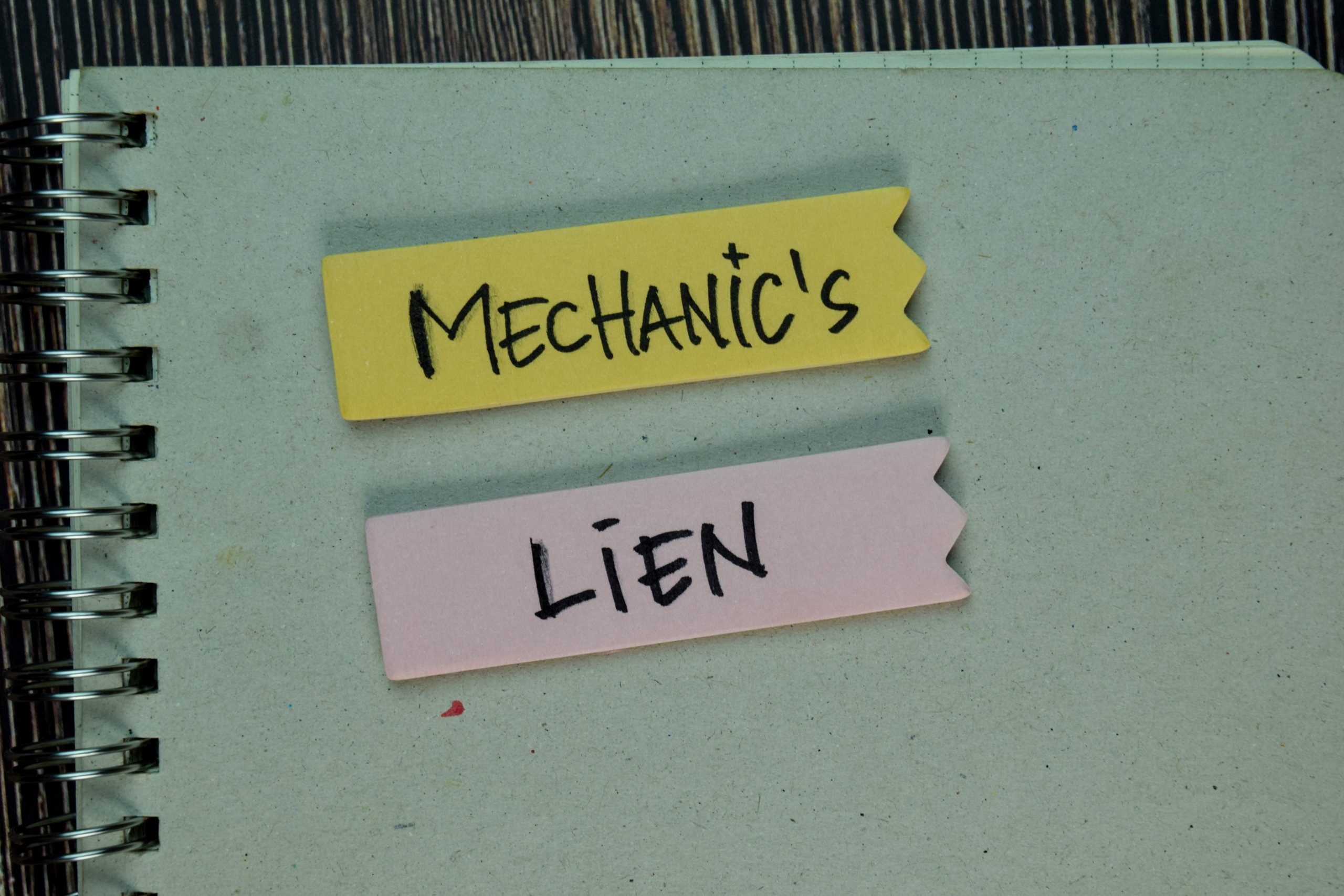While contractors typically enjoy a 90-day period to file a Mechanic’s Lien once a project is completed, project owners in California can take steps to significantly shorten this deadline by recording a Notice of Completion (“Notice”). The Notice gives written notice that an entire project is completed. A Notice that is properly recorded and served benefits project owners in two main ways:
- Reduced project risk because contractors and subcontractors have less time to record a Mechanic’s Lien – which can result in filing of a mechanic’s lien foreclosure action; and
- Project owners can clear title more quickly, smoothing the way for post-construction loans and sales.
Mechanic’s Liens Can be Recorded as late as 90 Days After Project Completion:
Unless an owner records a Notice, contractors and subcontractors have 90 days to record a Mechanic’s Lien. But, if a Notice is properly recorded, that 90-day period is shortened to 60 or 30 days. The time period depends on whether a direct contractor performed the work:
- A direct contractor has 60 days to file a Mechanic’s Lien after a project owner records a Notice of Completion.
- Persons that are not direct contractors have 30 days to file a Mechanic’s Lien after a project owner records a Notice of Completion.
It is critical that a recorded Notice be served on each direct contractor, subcontractor, and material supplier who may have the right to record a mechanic’s lien against the project. The Notice will only be effective if timely and validly served, so we recommend service via certified mail with a proof of notice declaration to establish service in the event of any dispute.
When is a Project Completed?
The date a project is completed is the moment the clock begins to run to record a Mechanic’s Lien or Notice. Under the California Civil Code, a project is considered complete when any of the following occur:
- Actual completion;
- Labor stops and occupation or use by the owner occurs;
- Labor stops for a continuous period of 60 days; or
- Labor stops for a continuous period of 30 days, after which a notice of cessation is recorded.
Additionally, a project is considered completed at the time a public entity accepts the project.
In practice, the definition of actual completion has proved difficult to nail down. Ordinarily, “completion” means that the entire project has been completed. But this meaning does not give clear direction for the date a court would find a project legally completed.
Courts may also determine completion by looking at the substantiality of work performed after a project is presumed completed. Where a contractor performs additional work under the construction contract, courts will tend to find the project was not previously completed. Conversely, the project may be actually completed even if the contractor later corrects defects. Factors like an issuance of a Final Certificate of Occupancy can serve as evidence of completion, but are not definitive proof. Unfortunately, as the California Civil Code currently stands, the important definition of completion remains ambiguous.
Notice of Completion Timing
A Notice must be recorded and served within 15 days from the date a project is completed. Though the definition of completion is nebulous (as discussed above), a Notice is considered valid if recorded and served within 15 days of the true project completion, even if it includes an erroneous completion date.
Authored by Reuben, Junius & Rose, LLP Law Clerk Kaitlin Sheber.
The issues discussed in this update are not intended to be legal advice and no attorney-client relationship is established with the recipient. Readers should consult with legal counsel before relying on any of the information contained herein. Reuben, Junius & Rose, LLP is a full service real estate law firm. We specialize in land use, development and entitlement law. We also provide a wide range of transactional services, including leasing, acquisitions and sales, formation of limited liability companies and other entities, lending/workout assistance, subdivision and condominium work.


